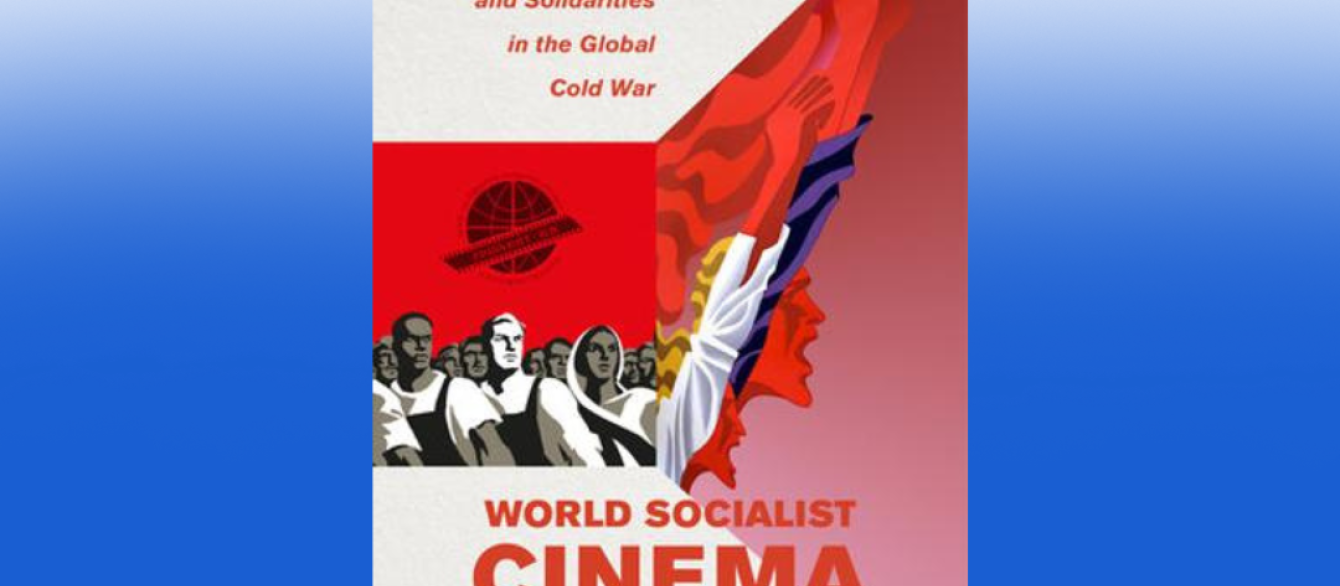Salazkina’s talk focuses on the history of the Festival of Cinemas of Asia, Africa, and Latin America which took place in Tashkent, Soviet Union, in the 1960s-1980s. It identifies a specific configuration of world cinema that emerges from the intersection of the entangled cinematic geographies and histories of internationalist solidarities and of trans-racial affinities, of personal bonds and institutional connections, and of multi-faceted artistic expressions and political commitments, which formed the festival’s history. Irreducible to North-South, East-West, Orientalist or Cold War binaries, the cinematic networks that formed the festival both borrowed and transformed epistemological and aesthetic models across its various divides, offering a unique historic cinematic formation through which to explore the cultural and political dynamics of its era. As such, it reproduces not only a different geography or cinema but also a different geography of knowledge; one that resists both, our Anglo-Atlantic Eurocentric canon of film history and the compartmentalization Area studies. The talk offers an overview of the festival’s programming and the unique culture it created.
Accessibility
The Davis Center for Russian and Eurasian Studies at Harvard University encourages persons with disabilities to participate in its programs and activities. If you anticipate needing any type of accommodation or have questions about the physical access provided, please contact us at 617-495-4037 or daviscenter@fas.harvard.edu in advance of your participation or visit. Requests for Sign Language interpreters and/or CART providers should be made at least two weeks in advance if possible. Please note that the Davis Center will make every effort to secure services but that services are subject to availability.




